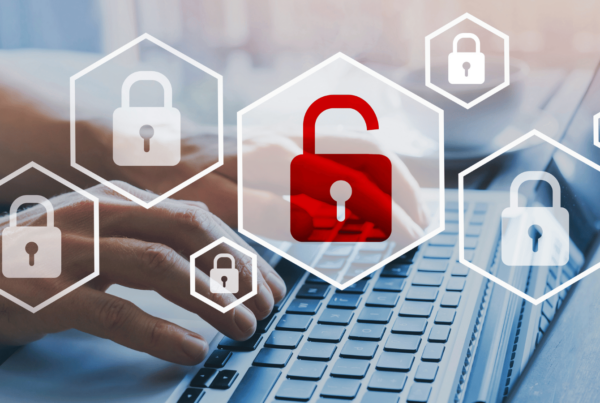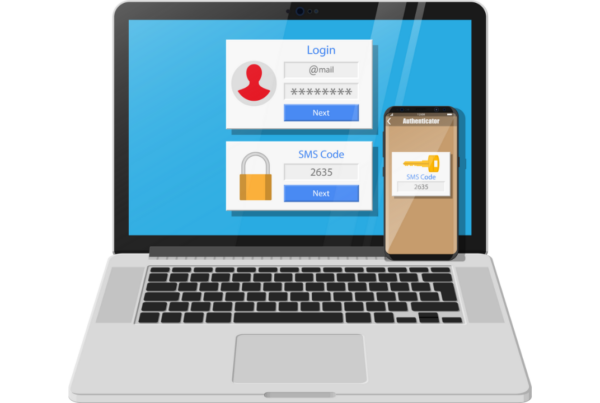Heads up lawyers: Border agents may want to search your phone. Same goes for your clients.
Here’s a sobering stat: US border agents searched 47,000 travelers’ devices last year.
- And here’s the kicker: They don’t need a warrant to peek at yours.
For lawyers, this isn’t just an inconvenience—it’s a potential ethical nightmare. Your duty to protect client confidentiality doesn’t stop at the border, but your constitutional privacy rights might.
Reality check
Recent cases paint a concerning picture:
- A British traveler detained for 19 days after a routine phone check
- A doctor denied entry over photos deemed “sympathetic” to Hezbollah
- Europeans turned away because agents didn’t like their social media content
What most folks don’t realize
Your rights at the border depend entirely on your immigration status:
- US Citizens: Can refuse to unlock devices (but read this story about an attorney’s ordeal)
- Green Card Holders: Similar protections (if you haven’t been away 180+ days)
- Visa Holders: Refusal could mean immediate removal
What to do now
Before your next border crossing:
- Encrypt everything (BitLocker or FileVault on laptops)
- Use strong passwords (ditch those simple PINs)
- Disable biometrics (agents can demand your face/fingerprint, but not your passcode)
- Power down devices (forces passcode entry on restart)
The best move
Have a clear plan BEFORE you reach customs. Don’t wait until you’re face-to-face with a border agent to decide how you’ll handle device searches.
Want to learn more? The Electronic Frontier Foundation has excellent resources at eff.org/border-privacy.
If you’re interested in discussing more strategies for protecting client data while traveling, check out my Inner Circle. We regularly discuss practical tips like these.
Use technology to radically improve your law practice by focusing on the few core elements that have the biggest impact.






